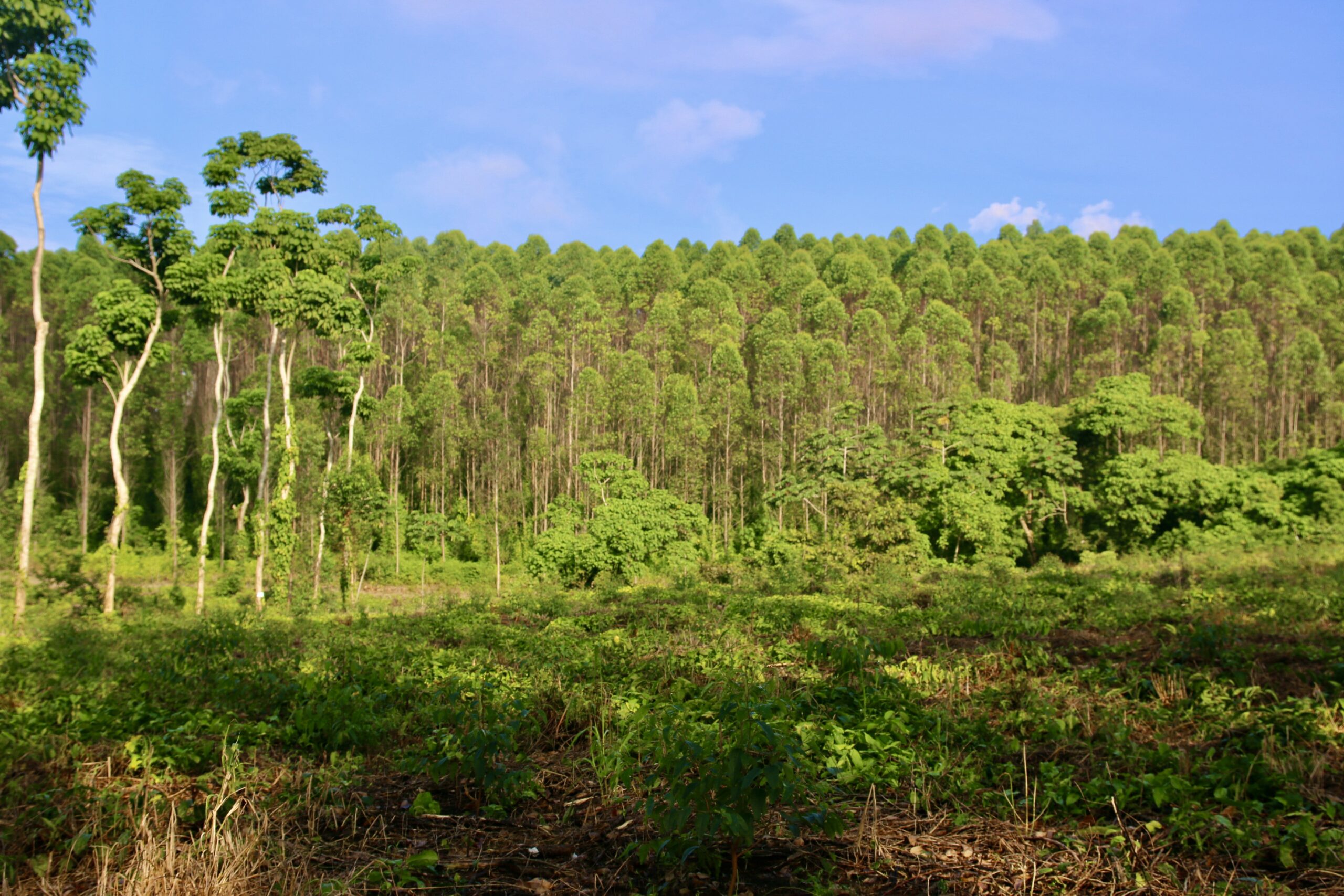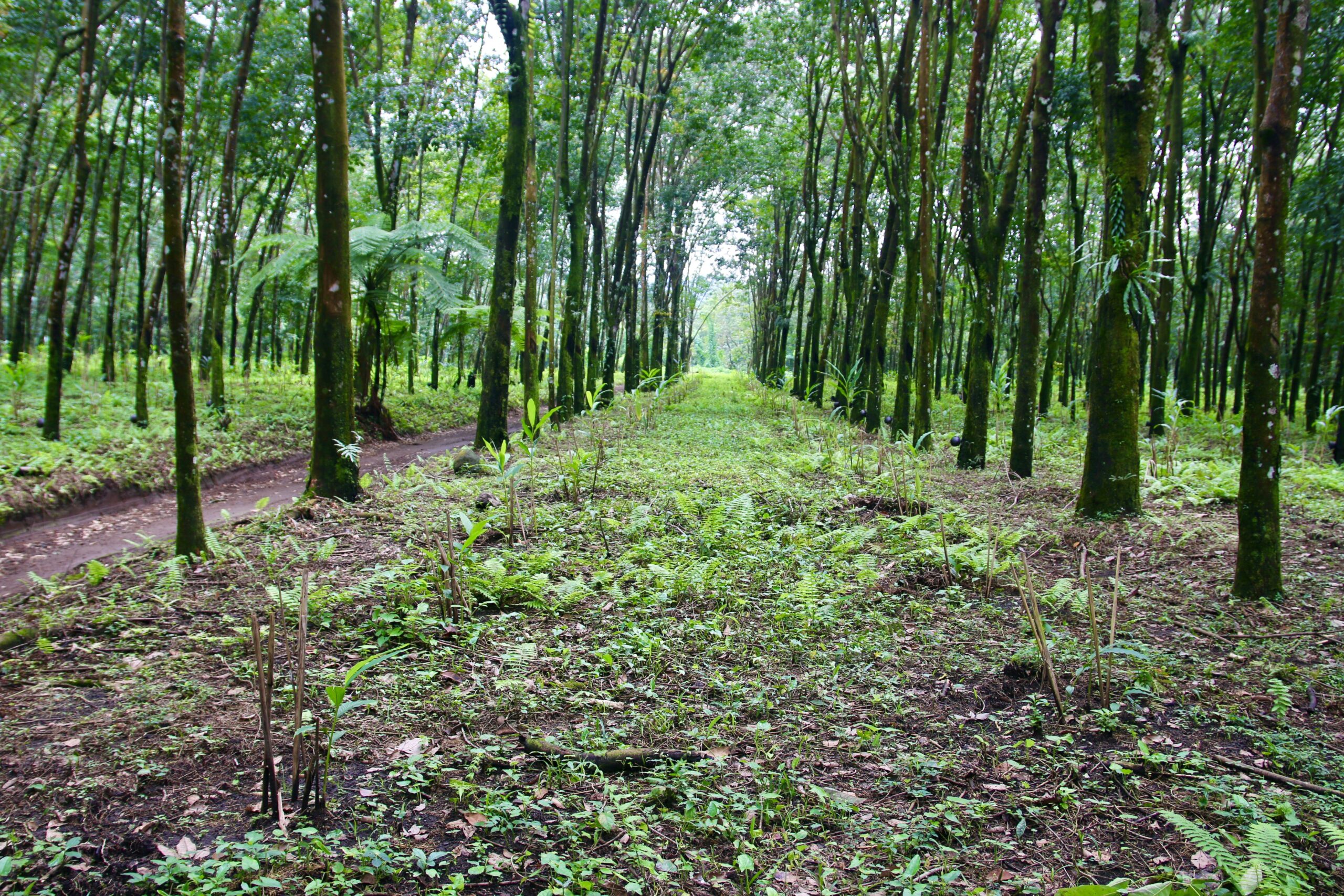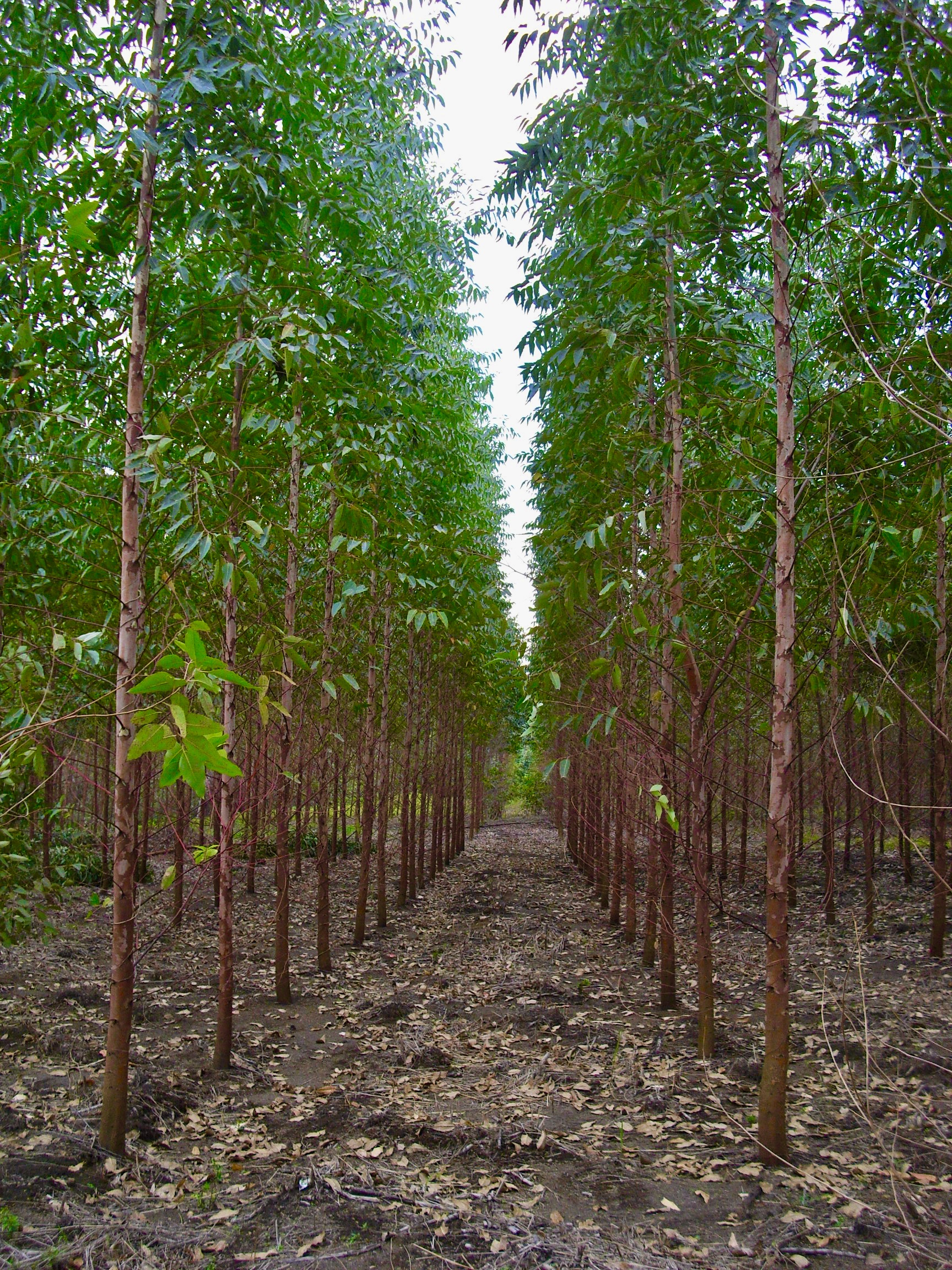
Sustainability refers to meeting current needs without compromising
the ability of future generations to meet their own, ensuring a balance between
economic growth, environmental protection, and social welfare.That is why
Novaforest’s operations promote sustainability.
The forestry crops promoted by Novaforest are
the source of many benefits, such as:

- Contributing to fix carbon in the soil through the roots of the trees, which in turn contributes to the development of their biomass. Trees absorb carbon dioxide from the air and transform it into compounds that they can use to grow, in turn releasing oxygen that improves air quality
- Maintaining the hydrological cycle (also known as the water cycle) healthy, which contributes to adequate humidity levels in the soil and air. This allows other herbaceous plants, shrubs, and ferns to develop, which in turn favors the growth of different types of flora
- Groundwater conservation, since the tree species planted by Novaforest don’t have deep roots, they do not reach the water table. As a result, a balanced water flow is preserved
- Contributing to reduce soil erosion, mainly due to their roots. Likewise, the crowns of the trees help reduce the impact of rain on the ground, preventing the soil from losing important nutrients due to rainfall (erosion)
- Favoring biodiversity by serving as a home and refuge for various species of birds, mammals, reptiles, and insects


How do we operate?
We strongly believe in Sustainability as a central value to carry out our operations, given that we understand the impact that our actions have on the environment and the need to “do things right” in order to have a viable business in the long term.
We divide our activities into two areas, those used for exploitation and those used for conservation.
- Exploitation areas are spaces that, due to their characteristics, have been selected for the cultivation of trees for planting, management, and harvesting. We obtain the raw material (wood) needed for the different products we manufacture from these areas
- Eucalyptus: Short-rotation forest plantations (6 years) of the Eucalyptus Urograndis species. We use highly productive clones adapted to the soil and climate conditions of the southern coast of Guatemala. These plantations are renewed after each productive cycle, meaning that we only harvest the trees that we carefully plant for this purpose
- Natural Rubber: Forest plantations of the Hevea Brasiliensis species planted to extract latex from its trunk through angular incisions. They begin production in their seventh year and remain productive for at least 30 years after that. Other plantations that need shade can be established under their canopy, which is why Novaforest is starting to grow cocoa and cardamom under the shade of rubber trees
- Conservation areas are spaces in which environmental protection is promoted by planting native trees in places prone to erosion to prevent it, or to favor water recharge. In these areas, the trees are not felled, only planted, and then looked after. We also work as a team with Grupo Pantaleon’s companies to promote protection projects on sugarcane plantations


We comply with all related legal requirements and always abide by the regulations set forth by the different applicable regulatory entities: the National Institute of Forests (INAB), the Ministry of Environment and Natural Resources (MARN), and the Ministry of Agriculture, Livestock and Food (MAGA) of the Republic of Guatemala.
To maintain the availability of timber over time, it is necessary to have plantations with phased growth which ensures the availability of lots with suitable ages for harvesting. Therefore, we renew the plantations harvested in our exploitation areas every year to maintain a sustainable, productive cycle in the long term.
With the aim of maintaining a sustainable cycle, it is necessary to follow best practices regarding environmental and social issues. To guarantee this good management, Novaforest’s operating companies are certified under the Forest Stewardship Council -FSC- standard. This certification scheme promotes environmentally sound, socially beneficial, and economically prosperous management of the world’s forests. With the support of international experts and after extensive consultations, the FSC developed a set of 10 principles and 70 criteria to evaluate sustainable forest management. Compliance with these criteria is monitored through annual on-site audits. The current scope of the FSC certification includes eucalyptus and rubber plantation management. The integration of the forestry industry (chain of custody) into the certification process is currently underway.

